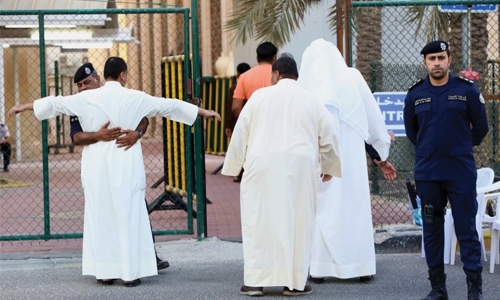Kuwait plans huge DNA database
Kuwait City : Kuwait is planning to build an enormous DNA database that would compile the genetic makeup not only of citizens but also of other residents and visitors. Such a database would be the first of its kind in the world.
It would mean that more than 1.3 million citizens and 2.9 million expatriates would be entered into the database, plus many more visitors. The cost of the project has been estimated at $400 million. There would be serious punishments for those who resist: Refusing the compulsory testing could mean a year in jail or a $33,000 fine, while anyone caught providing fake samples risks seven years’ imprisonment.
Kuwait’s government says the database could be used to fight terrorism and crime. The proposal was adopted last July, just a week after a suicide bombing in a Shia mosque in Kuwait City killed 27 people and wounded many more. The attack was later claimed by the Islamic State’s Saudi affiliate. “We are in a state of war,” Interior Minister Sheikh Mohammed Khaled al-Sabah said at the time.
However, with the law now expected to be implemented soon, some scientists and advocacy groups have expressed their doubts and pleaded with the Kuwaiti government to rethink its plans.
Kuwait’s strict citizenship requirements are one potential area where a DNA database could serve a government’s purpose. Traditionally, residents hoping for citizenship are required to trace their paternal bloodline down to the original Kuwaiti settlers living in the country in 1920. Many who live in Kuwait struggle to gain citizenship and the generous economic, political and legal benefits that come with it. In January, a representative of the Interior Ministry told the Kuwait Times that the DNA database is only designed around crime and security issues and will not be used to test lineage.
Related Posts

